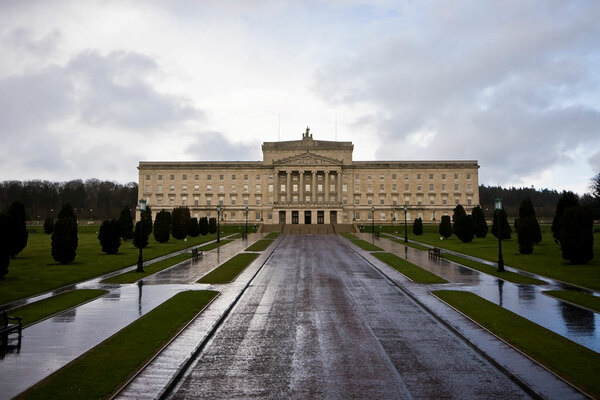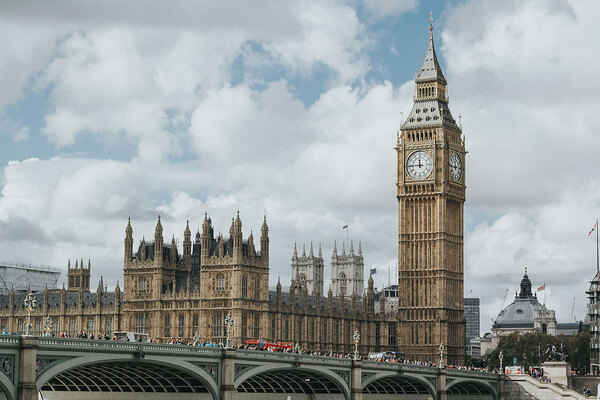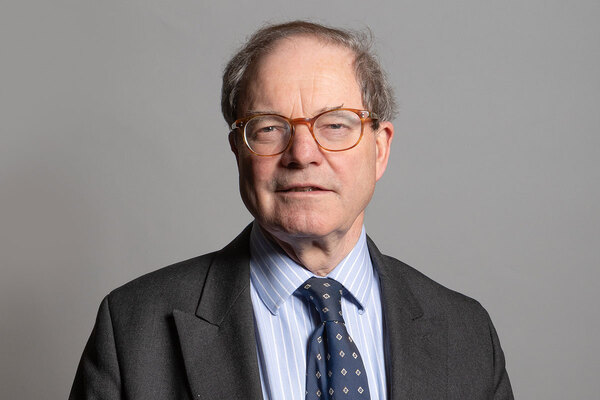You are viewing 1 of your 1 free articles
Northern Ireland housing minister rows back over plans to convert NIHE into mutual
Northern Ireland’s minister with responsibility for housing has appeared to row back on a previous announcement that the region’s housing authority will be reclassified as a mutual similar to some housing associations.

Speaking in the Northern Ireland Assembly this week, communities minister Deirdre Hargey said she asked officials exploring options for reform of the Northern Ireland Housing Executive (NIHE) “to ensure that they exhaust all options that limit change as far as possible”.
In November, Carál Ní Chuilín, who was acting as communities minister after Ms Hargey temporarily stepped down for health reasons, told assembly members she planned to “change the classification of the Housing Executive landlord to a ‘mutual’ or co-operative designation”.
But Ms Hargey said this week: “All options are being explored. As I said, I want to keep the good qualities of the Housing Executive.
“If there is a way that the Housing Executive can borrow without any change, I will explore that as the primary option.”
With around 84,000 homes, the NIHE is the largest social landlord in Northern Ireland and among the biggest in the UK.
It also carries out a number of statutory housing functions for the region, such as distributing social housing grant and handling allocations and homelessness services.
In 2018 it emerged that the NIHE was facing a severe funding crisis, with a gap between annual income and costs of roughly £140m and £7bn of investment needed over the next 30 years.
Without a solution, the body warned that it would have to start “de-investing” in half of its massive housing stock, leaving tens of thousands of homes to fall into disrepair.
A major part of the problem is that the NIHE’s structure means it is unable to borrow for investment without cutting government funding for other public services.
Ms Hargey said Ms Ní Chuilín’s announcement had reflected “a much-needed revitalisation programme aimed at securing the long-term future of our biggest social landlord and ensuring the maintenance and investment in our social homes”.
The NIHE’s financial challenges and their impacts on its housing stock “can no longer be ignored”, she added.
Responding to a question from Ulster Unionist Party assembly member Andy Allen asking the minister to point to an organisation similar to her vision for the NIHE, Ms Hargey said: “We are assessing all options at the moment.
“I would like to do this while retaining the Housing Executive’s current classification.”
She promised to bring forward proposals for the NIHE’s future, including timescales and a budget, by the end of the current Stormont government’s mandate.
The minister also revealed that the NIHE is working on updating its financial analysis to take account of recommendations following the Grenfell Tower fire and decarbonisation requirements.
She also said her officials are examining a “sustainable rent trajectory” for the landlord.
At the Budget last week, the UK government revealed that it would exempt the NIHE from corporation tax, saving it around £10m a year.
Ms Hargey said the NIHE has paid more than £56m in corporation tax over the past six years and that she is in discussions over backdating the exemption, as well as over the possibility of clearing the body’s historical debts to the Treasury.
Sign up for our Northern Ireland bulletin
Already have an account? Click here to manage your newsletters











